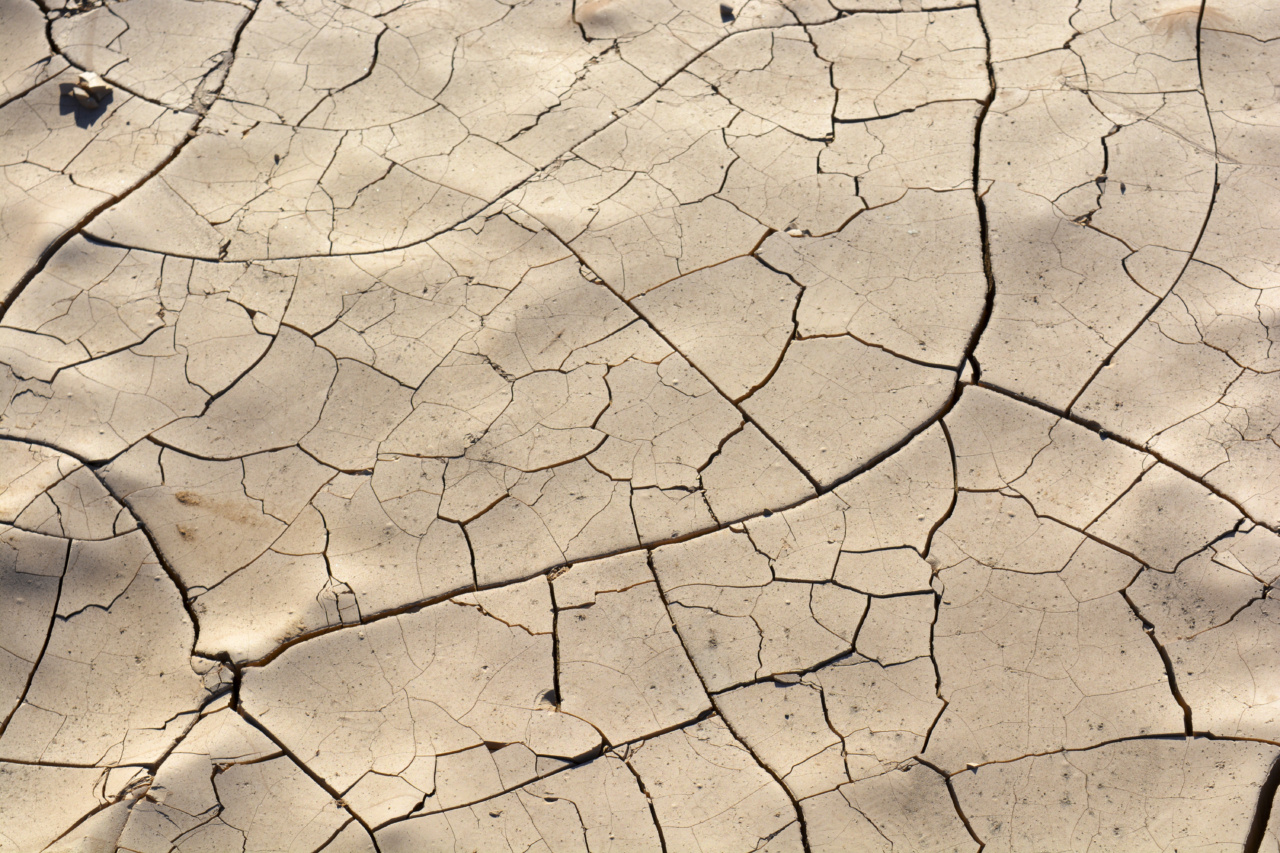Gulf dryness in women refers to the condition where women experience dryness in the vaginal area, which can lead to discomfort and various other symptoms.
While hormonal changes and menopause are commonly known causes of this condition, there are several other factors that could contribute to gulf dryness in women. In this article, we will explore some of these lesser-known causes and discuss possible solutions.
1. Medications and Treatments
Certain medications and treatments can cause vaginal dryness as a side effect. These may include some allergy medications, antidepressants, chemotherapy drugs, and hormonal treatments such as those used for endometriosis.
If you suspect that a medication or treatment you are taking is causing gulf dryness, it is important to consult with your healthcare provider to explore alternative options.
2. Sjogren’s Syndrome
Sjogren’s syndrome is an autoimmune disorder that primarily affects the salivary and tear glands, but it can also lead to dryness in other areas of the body, including the vagina.
This condition occurs when the immune system attacks the body’s moisture-producing glands, reducing the production of moisture. Women with Sjogren’s syndrome may experience dryness not only in the vagina but also in the mouth, eyes, and other mucous membranes. Proper diagnosis and management of this syndrome can help alleviate gulf dryness symptoms.
3. Allergies and Irritants
Some women may develop gulf dryness due to allergies or irritants they come into contact with. This may include certain soaps, perfumes, detergents, or even latex condoms.
Allergic reactions or irritations can cause inflammation and dryness in the vaginal area. Identifying and avoiding these triggers can help relieve symptoms and prevent future occurrences of gulf dryness.
4. Stress and Anxiety
Stress and anxiety can have a profound impact on various aspects of our health, including vaginal dryness. When we are stressed or anxious, our bodies release stress hormones that can disrupt the normal hormone balance and reduce vaginal lubrication.
Finding effective ways to manage stress, such as through relaxation techniques, therapy, or exercise, can help alleviate gulf dryness symptoms caused by stress.
5. Insufficient Foreplay
Inadequate foreplay or rushed sexual activity may not allow enough time for the body to naturally produce sufficient vaginal lubrication. This can lead to gulf dryness and discomfort during intercourse.
Engaging in more extended foreplay and open communication with your partner about your needs can help ensure proper lubrication and prevent gulf dryness during sexual activities.
6. Chronic Infections
Chronic infections, such as yeast infections or bacterial vaginosis, can cause inflammation and gulf dryness. These infections disrupt the natural balance of bacteria in the vagina, leading to symptoms like itching, burning, and dryness.
Treating the underlying infection with appropriate medication can alleviate gulf dryness symptoms.
7. Certain Health Conditions
Some health conditions, such as diabetes and thyroid disorders, can contribute to gulf dryness in women. These conditions can affect hormone levels and reduce moisture production in the body.
Proper management of these health conditions through medication, lifestyle changes, and regular check-ups can help improve gulf dryness symptoms.
8. Smoking
Smoking has been linked to various health issues, including gulf dryness. The chemicals in tobacco can cause blood vessels to constrict, reducing blood flow to the vaginal area and leading to dryness.
Quitting smoking can not only improve gulf dryness but also have numerous other health benefits.
9. Hormonal Birth Control
Hormonal birth control methods, such as certain types of oral contraceptives or hormonal IUDs, can affect hormone levels and lead to gulf dryness in some women.
If you are experiencing gulf dryness as a side effect of your birth control method, discuss alternative options with your healthcare provider.
10. Lack of Estrogen
Estrogen plays a crucial role in maintaining vaginal health and moisture. As women age, their estrogen levels naturally decline, leading to gulf dryness.
However, even younger women may experience low estrogen levels due to hormonal imbalances or certain medical treatments. Hormone replacement therapy or other prescribed medications can help supplement estrogen levels and alleviate gulf dryness symptoms associated with estrogen deficiency.




























